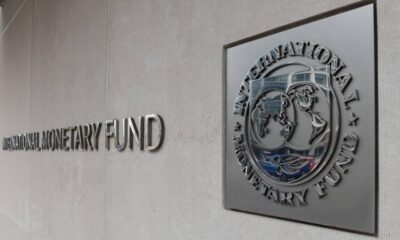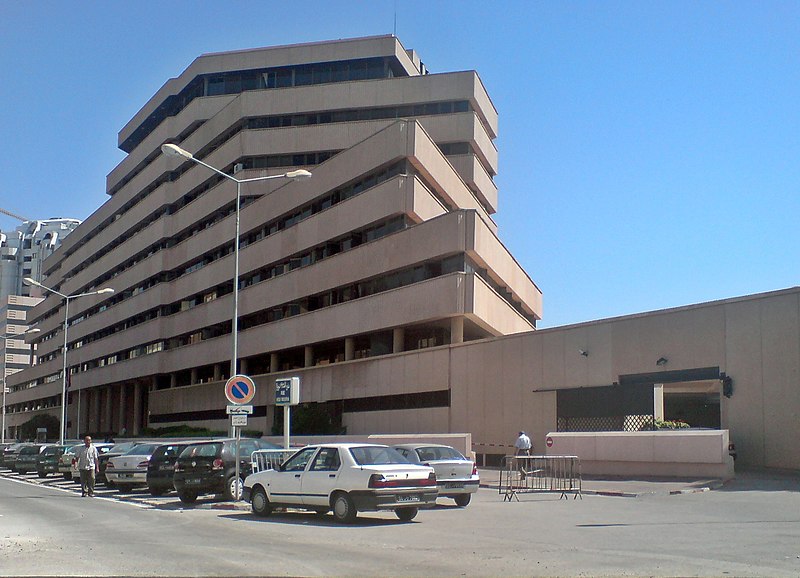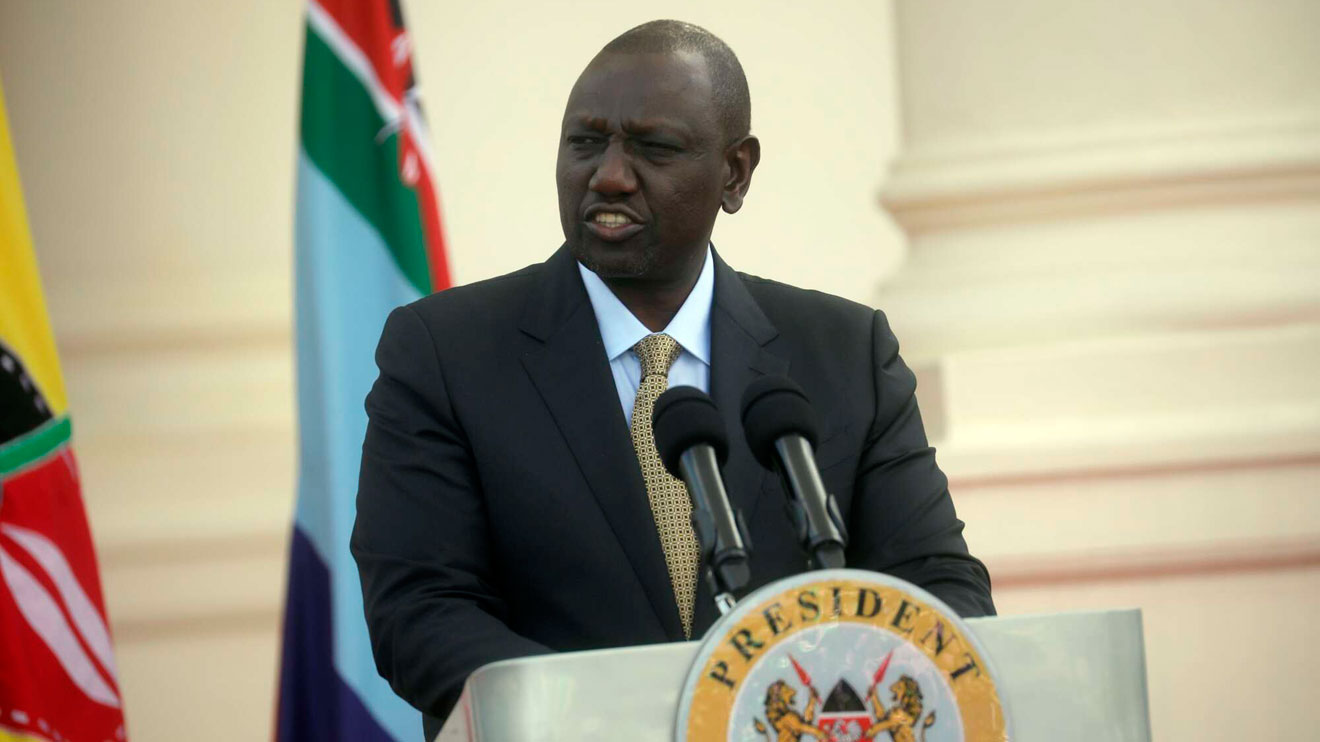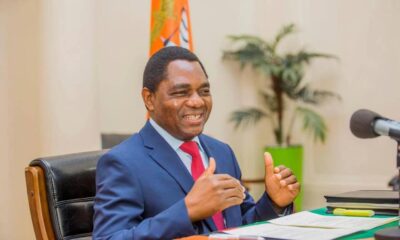A measure by MPs on Friday indicated that the Tunisian central bank will no longer be the only entity able to alter interest rates or the country’s foreign exchange policy; rather, it will be permitted to finance the government.
President Kais Saied, who has maintained that the central bank shouldn’t be a state within a state, has continuously criticised the action, which is the most recent that will destroy the bank’s independence.
The current dire state of public finances prompts the possible significant amendment to the central bank statute. The opposition has referred to Saied’s 2021 takeover of practically all power as a coup, and since then, the nation has been unable to obtain Western support. Saied ruled by decree.
If the bank law was not altered, 27 legislators issued a dire warning, stating that Tunisia would unavoidably go bankrupt.
They claimed that the state has suffered enormous losses, estimated at $36.6 billion, due to the present law passed in 2016 and prohibits the central bank from making direct bond purchases or loans to the public treasury.
Additionally, the measure suggests that the president must give his or her consent before the bank can make agreements with international supervisory bodies.
Saied said the central bank should lend directly to the state treasury rather than through expensive bank loans, rejecting the central bank’s independence last year.
To close a budget deficit, the administration requested in January that the central bank give the Treasury $2.25 billion in direct funding.
Marouan Abassi, the former governor of the central bank, has cautioned that purchasing Treasury bonds carries risks, such as increasing inflation and depreciating the value of the Tunisian pound. Saied replaced Abassi with Zouhair Nouri earlier this year.
The central bank has had total authority over reserves, gold, and monetary policy since 2016. However, the proposed statute demonstrated that the central bank might modify exchange rates, gold-related operations, and interest rates after consulting with the government.
The bill permits the central bank to purchase government bonds from banks and lend directly to the government up to 3% of GDP for bonds that have maturities longer than five years.
According to financial sources, the action will probably open the door for a fresh government request that the central bank grant the government loans and direct facilities totalling up to $2.6 billion.

 Metro2 days ago
Metro2 days ago
 VenturesNow2 days ago
VenturesNow2 days ago
 VenturesNow2 days ago
VenturesNow2 days ago
 Metro16 hours ago
Metro16 hours ago





















